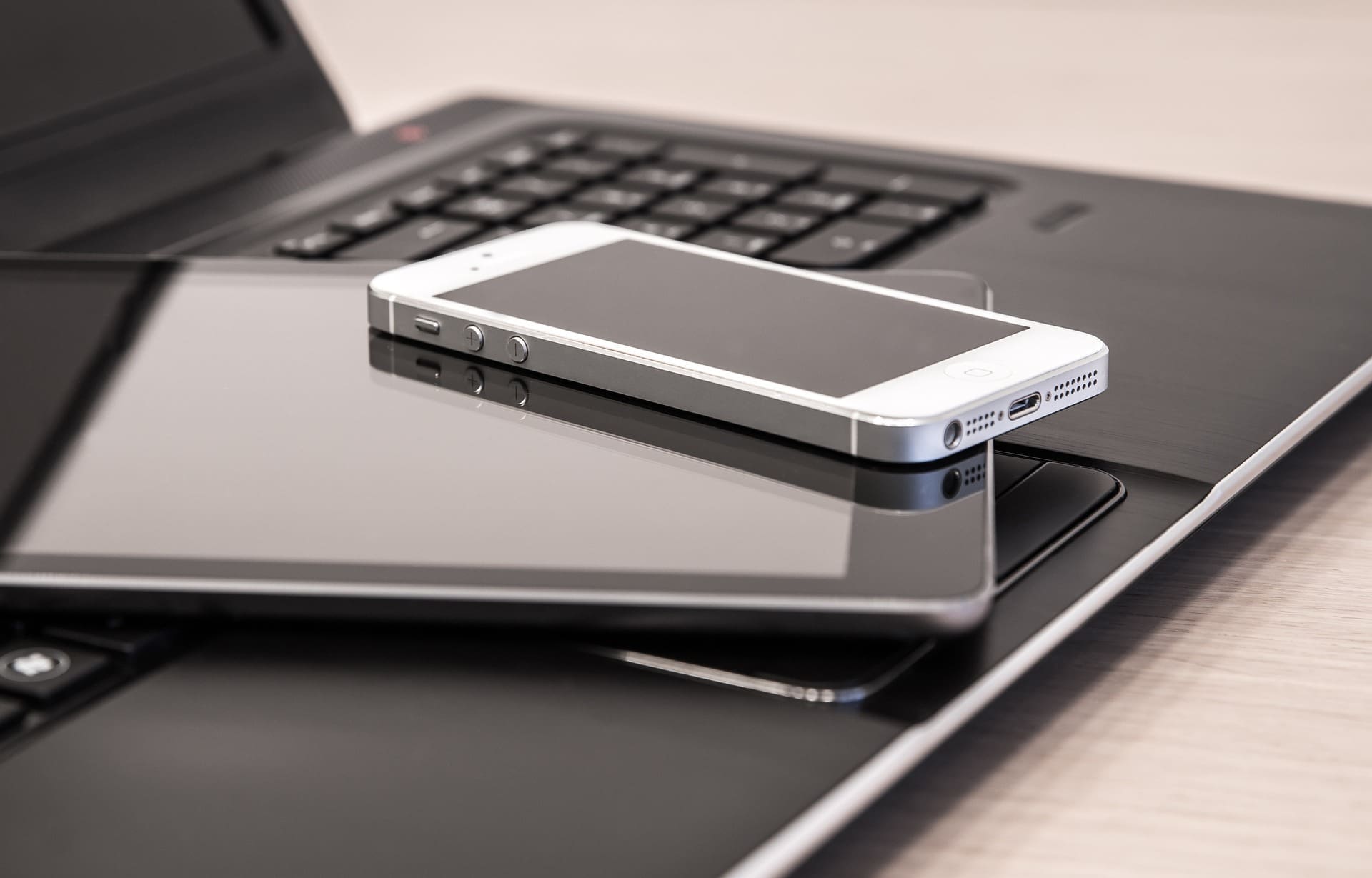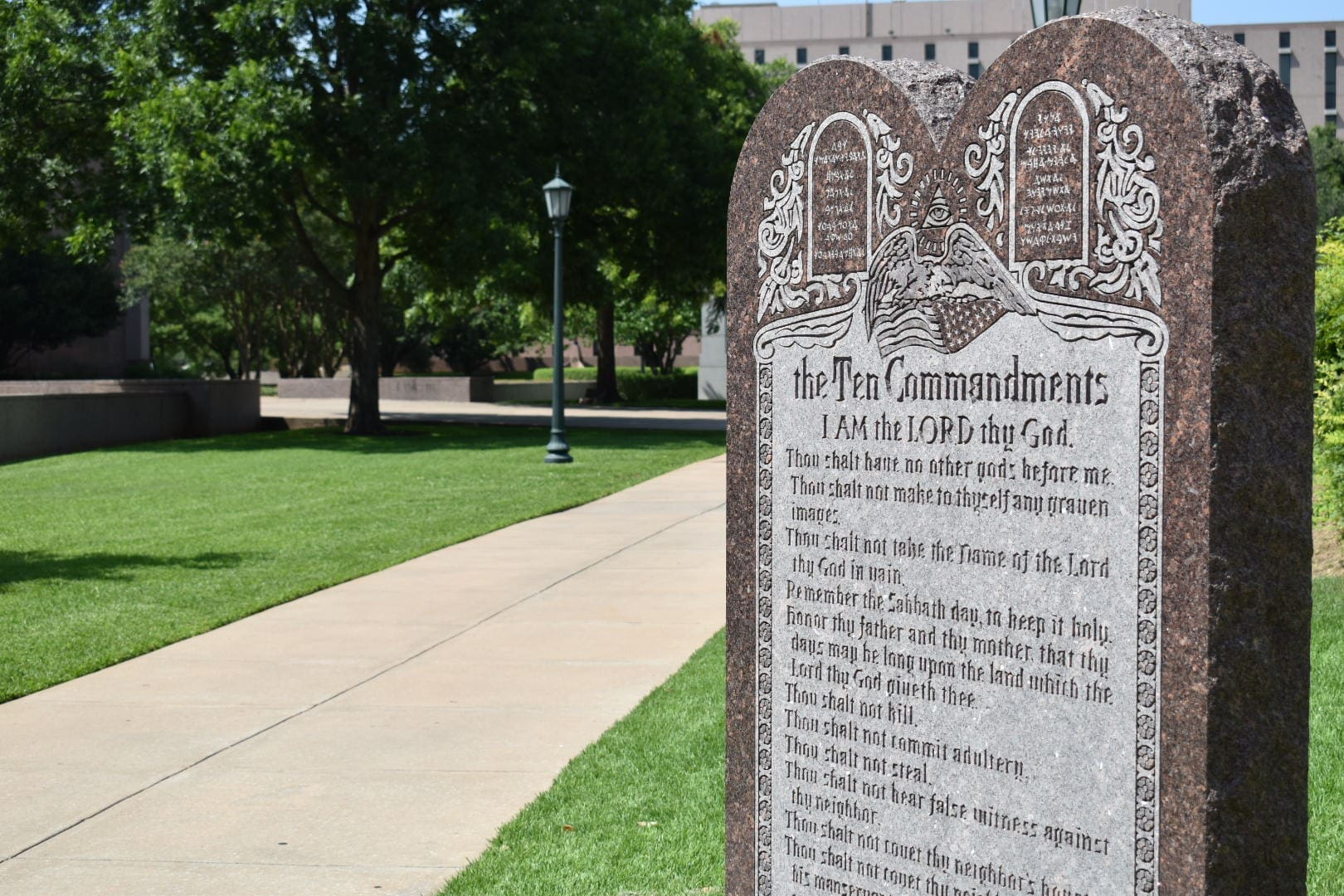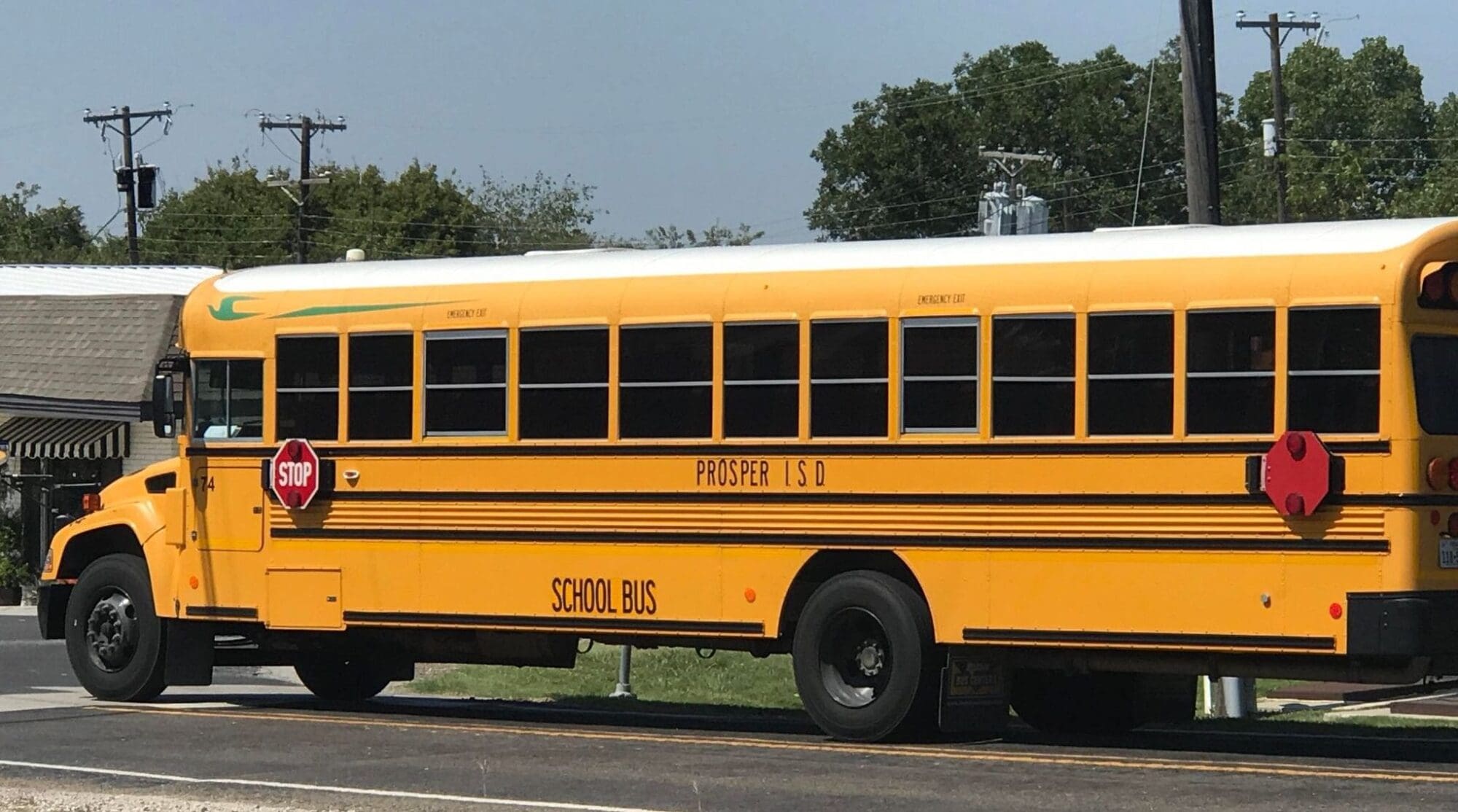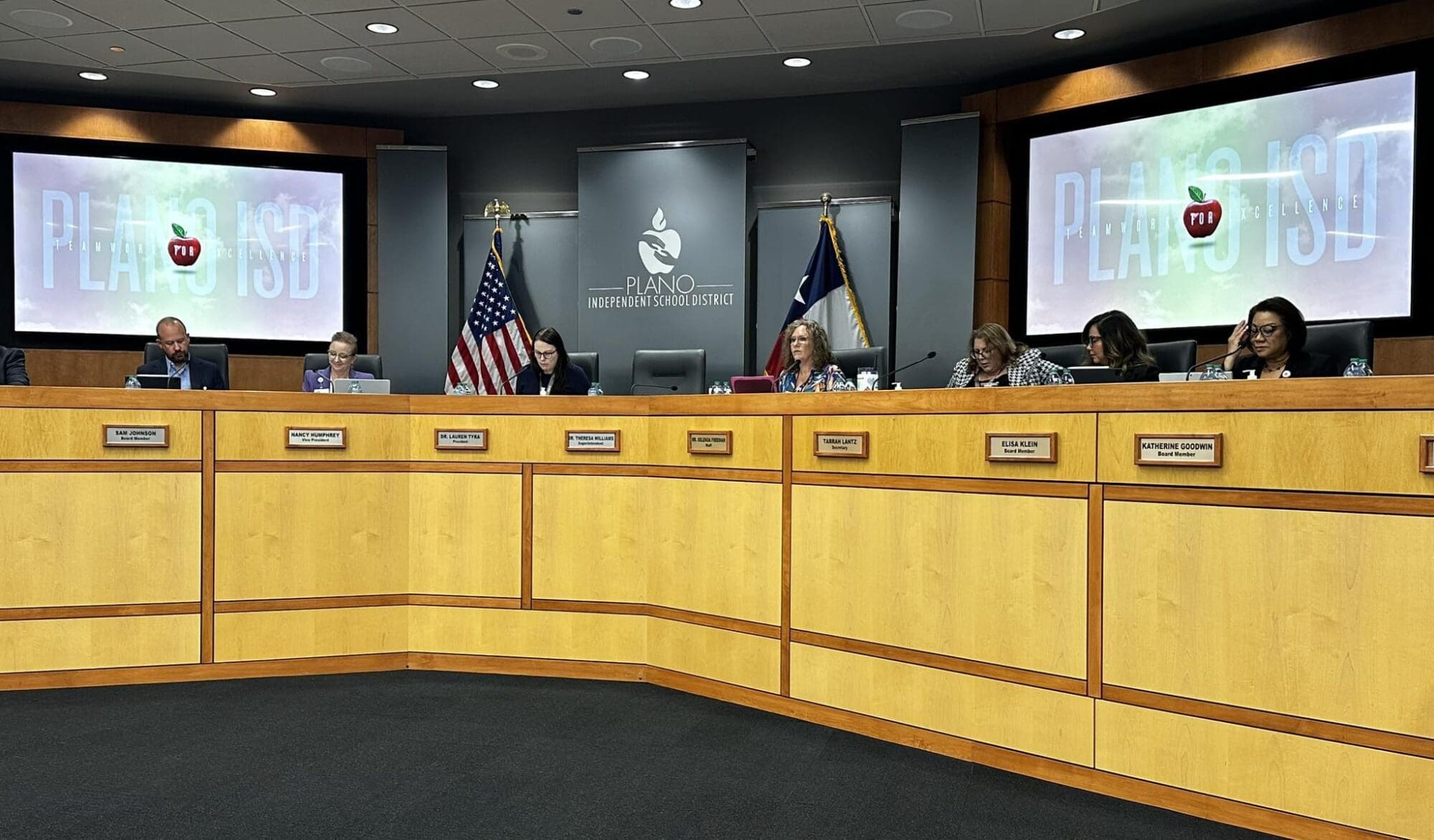As Texas students head back to school this month, they’re facing a big change mandated by state lawmakers: no cell phone use on campus.
School districts across Texas are enacting policies prohibiting students’ use of cell phones and other personal communication devices on school property during the school day, complying with a new law meant to minimize distractions in K-12 classrooms.
House Bill 1481, passed during this year’s regular legislative session, requires all school districts to adopt and implement the policies by September 18.
Many school boards have already approved new policies and distributed them to district families, so students and parents are prepared for the changes—and the penalties for violations.
Districts may prohibit devices entirely or require them to be turned off and stored out of sight for the entire school day.
The “school day” is defined as the time from the first to last bell, but it may also include time spent in extracurricular activities and/or on buses to and from school, according to guidance released by the Texas Education Agency on July 31.
Exceptions are allowed for students with documented medical needs or special education accommodations.
TEA recommends progressive disciplinary measures for violations: for a first offense, confiscate devices for the day and allow only parents to retrieve them; for subsequent offenses, add in-school suspension and other penalties.
Prohibited devices include cell phones, tablets, smartwatches, AirPods, smartglasses, and “other devices capable of telecommunication or digital communication.”
Students’ personally owned laptops remain a gray area.
While not specifically mentioned in the law, TEA guidance advises that the laptops “likely” fit the statutory definition of prohibited devices. Yet the TEA also offers a model policy for districts that allow students to bring their own laptops, which states that the devices are excluded from the prohibition under certain circumstances.
That presents a dilemma for districts with Bring Your Own Device (BYOD) programs.
Districts must either develop a “technological solution” to prevent students’ laptops from being used as communication devices or disallow the devices and purchase additional Chromebooks for those students to use instead.
Some IT experts question whether communication capabilities can be removed from personal laptops—or from school-issued Chromebooks, for that matter.
The TEA suggests that school systems wishing to continue their BYOD programs should “carefully review this decision with their information technology staff and local legal counsel.”
Carroll Independent School District is continuing to allow—and even encouraging—students to BYOD.
During a school board meeting on Monday, Superintendent Jeremy Glenn said Carroll ISD is keeping it’s BYOD program because districts have been “hamstrung financially” by the state legislature, adding that “we have compliant kids” but students will find a way around safeguards “whether it’s a district owned device or whether it’s their own device.”
“To say we’re just going to scrap the BYOD policy because kids may be able to instant message on a computer—they can do that on a district device. They’re smart enough to figure that out,” said Glenn.
Other districts, like Wylie ISD, have stated that students may no longer use their own laptops at school and must pay a fee to use a district-owned Chromebook.
The state’s largest school district, Houston ISD, doesn’t mention personal laptops in its new policy. The second-largest district, Dallas ISD, includes laptops in its list of prohibited devices and is purchasing special pouches for students to store their phones and other items during the school day.
The TEA advised districts that the agency had been allocated $20 million in state grant funding to help school systems implement the device ban.
According to TEA, the funds can be used to purchase “secure storage solutions.”
However, the grants do not cover the cost of purchasing additional Chromebooks to replace banned personal laptops.
Devices issued by school districts are excluded from the ban.
Texas Scorecard has contacted HB 1481’s author, State Rep. Caroline Fairly (R–Amarillo), for clarification on the issue of personal laptops.
No ads. No paywalls. No government grants. No corporate masters.
Just real news for real Texans.
Support Texas Scorecard to keep it that way!





